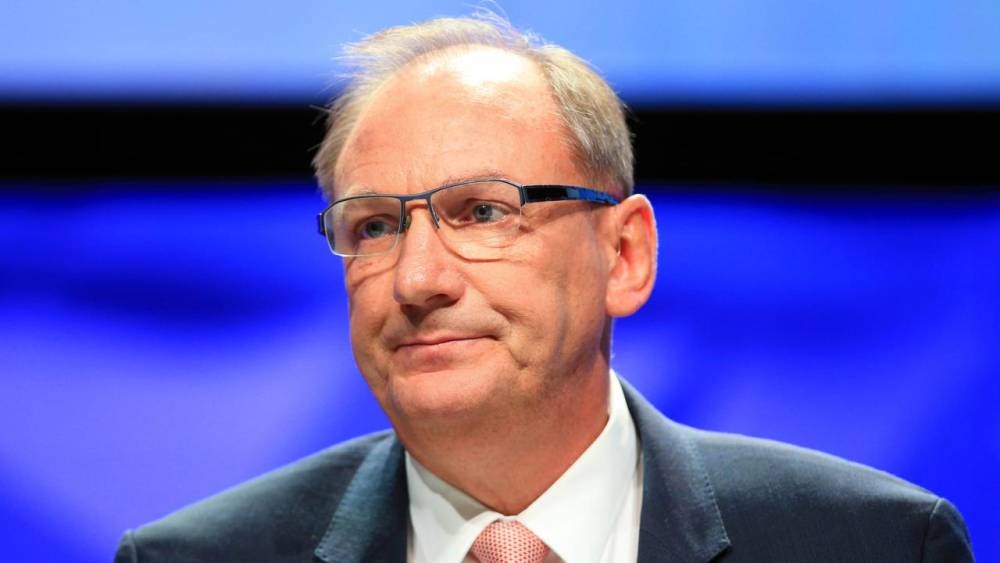
Qantas chairman John Mullen has sounded a stark warning that Australia’s way of life could grind to a halt within weeks if faced with a major international crisis, due to the nation’s critically low fuel reserves and heavy dependency on overseas supply chains.
Speaking at the Australian Institute of Company Directors conference this week, Mr Mullen cautioned business leaders that geopolitical volatility was no longer a distant concern but an immediate threat to national operations and economic stability.
“Australia today carries around only 27 days of petrol reserves and 32 days of diesel,” he said. “Even a regional conflict could choke this off overnight and Australia would simply stop.”
According to the latest Australian Petroleum Statistics, the actual fuel reserves are even lower: just 25 days of petrol, 23 days of diesel, and 21 days of jet fuel. This is well below the International Energy Agency's recommended minimum of 90 days.
Australia’s vulnerability is further compounded by the closure of domestic oil refineries — from 12 in 2012 to just two today — and its reliance on imports for more than 90 per cent of its fuel needs.
Retired Air Vice-Marshal John Blackburn AO, a long-time advocate for fuel security reform, echoed Mr Mullen’s concerns. He said global trade disruptions, pandemics, or financial crises could quickly trigger a supply breakdown.
“If a fuel import blockade occurred, our economy and critical services could collapse within days,” Blackburn warned, likening Australia’s dependence on foreign imports to a “Singapore moment” — a reference to the WWII shock of Britain’s failure to defend Singapore.
Australia lacks a US-style strategic petroleum reserve and has no independent maritime shipping capacity for fuel. Much of the country’s imported fuel, particularly jet fuel, comes from China — raising further concerns amid growing regional tensions and military posturing.
Current legislation allows the federal government to declare a national fuel emergency under the 1984 Liquid Fuel Emergency Act, enabling it to seize private stock and control distribution. However, critics argue this would be a reactive measure with limited immediate effect.
The Fuel Security Act 2021 introduced a minimum stockholding obligation, but total stocks remain well below international standards. While the Morrison government allocated $200 million in 2020 for diesel storage, and the current Albanese government has pledged $250 million for low-carbon fuel development, experts say these are only partial solutions.
Energy Minister Chris Bowen stated the government is focused on producing fuel domestically using Australian renewables and feedstock, but admitted the transition will take time.
Mr Blackburn, however, argues the lack of progress stems from a failure of political will across successive governments.
“We need to use our own resources, including light crude, to ensure a baseline fuel security for the next couple of decades during the slow and complex transition to green energy,” he said.
He warned that the political cost of admitting Australia’s vulnerable position has deterred policymakers from speaking honestly or acting decisively.
As global instability intensifies and old security assumptions are tested, business leaders and experts are urging urgent bipartisan action to address Australia’s fuel insecurity — a silent threat with the potential to paralyze the nation’s economy and compromise its sovereignty.
“The threat is not hypothetical anymore,” Mr Mullen concluded. “Boards, industries, and governments must plan for a future where fuel is not guaranteed, and resilience must be built now — before it’s too late.”